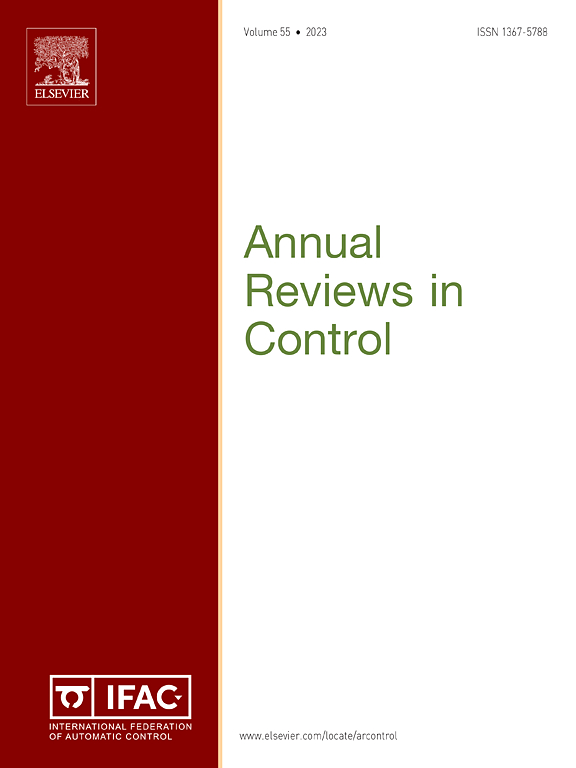Path to Artificial General Intelligence: Past, present, and future
IF 10.7
2区 计算机科学
Q1 AUTOMATION & CONTROL SYSTEMS
引用次数: 0
Abstract
During the past decade, there has been remarkable progress in Artificial Intelligence (AI). More recently, the emergence of Generative AI was an inflection point in cognitive pattern understanding and generation across multiple modalities including speech, text, imagery, and vision, where AI systems are increasingly matching or surpassing human performance on a growing array of cognitive tasks. These models have been seamlessly integrated into numerous applications and products, reaching hundreds of millions of users. As a result, discussions regarding the achievement of Artificial General Intelligence (AGI) have shifted from theoretical speculation to a plausible near to mid-term objective. In this paper, we present a comprehensive review of the evolution of AI from its inception to the present day. We then examine how advances in computational infrastructure, algorithms, and large-scale modeling are converging to drive the generative AI revolution and shaping the trajectory toward AGI, potentially within the next 5-to-10 years. Specifically, we analyze recent progress in compute capabilities, learning algorithms, and model architectures across a broad spectrum of cognitive tasks. We also share our perspective on the key challenges that remain to be solved, and discuss the critical risks that must be addressed to ensure the safe and beneficial development of AI systems that may eventually exceed human-level performance in perception, reasoning, and general cognition.
通用人工智能之路:过去、现在和未来
在过去的十年里,人工智能(AI)取得了显著的进步。最近,生成式人工智能的出现是跨多种模式(包括语音、文本、图像和视觉)的认知模式理解和生成的转折点,人工智能系统在越来越多的认知任务中越来越多地匹配或超越人类的表现。这些模型已经无缝集成到众多应用程序和产品中,覆盖了数亿用户。因此,关于实现通用人工智能(AGI)的讨论已经从理论推测转变为一个看似合理的近期或中期目标。在本文中,我们对人工智能从诞生到现在的发展进行了全面的回顾。然后,我们研究了计算基础设施、算法和大规模建模方面的进步是如何融合在一起的,以推动生成式人工智能革命,并塑造AGI的发展轨迹,这可能在未来5到10年内实现。具体来说,我们分析了在广泛的认知任务中计算能力、学习算法和模型架构方面的最新进展。我们还分享了我们对仍待解决的关键挑战的看法,并讨论了必须解决的关键风险,以确保人工智能系统的安全和有益发展,这些系统最终可能在感知、推理和一般认知方面超过人类水平的表现。
本文章由计算机程序翻译,如有差异,请以英文原文为准。
求助全文
约1分钟内获得全文
求助全文
来源期刊

Annual Reviews in Control
工程技术-自动化与控制系统
CiteScore
19.00
自引率
2.10%
发文量
53
审稿时长
36 days
期刊介绍:
The field of Control is changing very fast now with technology-driven “societal grand challenges” and with the deployment of new digital technologies. The aim of Annual Reviews in Control is to provide comprehensive and visionary views of the field of Control, by publishing the following types of review articles:
Survey Article: Review papers on main methodologies or technical advances adding considerable technical value to the state of the art. Note that papers which purely rely on mechanistic searches and lack comprehensive analysis providing a clear contribution to the field will be rejected.
Vision Article: Cutting-edge and emerging topics with visionary perspective on the future of the field or how it will bridge multiple disciplines, and
Tutorial research Article: Fundamental guides for future studies.
 求助内容:
求助内容: 应助结果提醒方式:
应助结果提醒方式:


